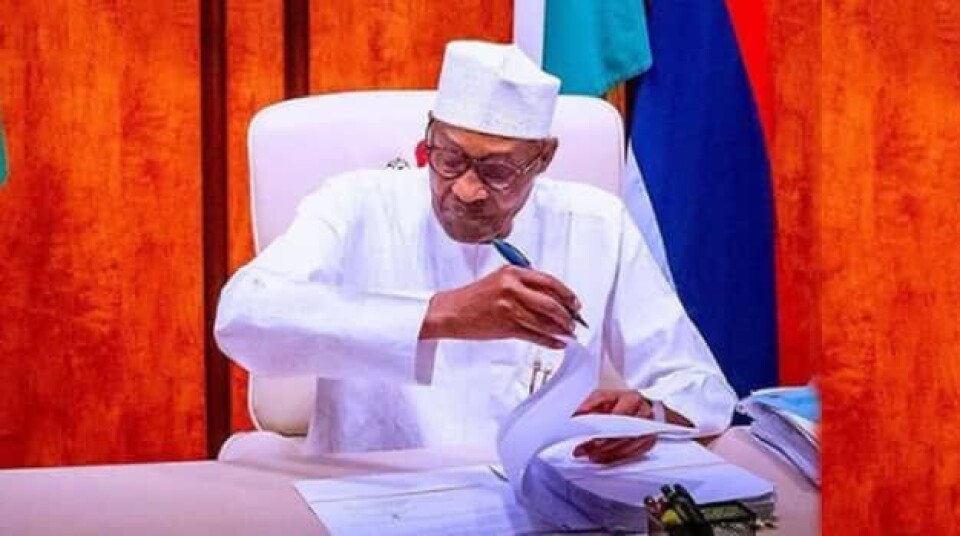Copyright : Re-publication of this article is authorised only in the following circumstances; the writer and Africa Legal are both recognised as the author and the website address www.africa-legal.com and original article link are back linked. Re-publication without both must be preauthorised by contacting editor@africa-legal.com
Electoral Law Intrigues in Nigeria

For the second time in three years, Nigeria’s federal legislative arm passed the electoral amendment bill that promises to improve the integrity of elections in the country, but the president has refused to assent to it, writes Alfred Olufemi.
Agitations towards the need for a revised edition of Nigeria’s Electoral Act of 2010 led to the first amendment bill being passed by the National Assembly in 2018, a year before the 2019 election.
The bill proposed electronic voting and rearranged the order of elections, among other things. But President Muhammadu Buhari, who was seeking re-election at that time, vetoed the lawmakers’ decision.
In the letter communicating his veto, Buhari cited reasons for his stance and said that the decision to change the order of elections might infringe upon the powers of the Independent National Electoral Commission (INEC) as guaranteed by the Constitution:
“A. The amendment to the sequence of elections in Section 25 of the principal act, may infringe upon the constitutionally guaranteed discretion of the Independent National Electoral Commission (INEC) to organise, undertake and supervise elections provided in Section 15(A) of the third statue to the Constitution;
“B. The amend (sic) to Section 138 of the principal act to delete two crucial grounds upon which an election may be challenged by candidates, unduly limits the rights of candidates in elections to a free and fair electoral review process.”
The controversial bill was again revised by the National Assembly in November 2021 and was passed to the Presidency for approval. However, the president, for the second time, refused to sign the bill into law, citing reasons including the financial implications of an electronic voting system and the controversial imposition of direct primary for political parties.
His decision has been kicked against by representatives of civil society who believe the amendment holds the prospect of a credible election as the country goes to another presidential poll in 2023.
“To say the least, Mr President’s refusal to assent to this bill has set back the advocacy for these democratic reforms,” the groups said in a statement at a conference addressed by Jude Feranmi, Convener of Raising New Voices Initiative, and Ariyo-Dare Atoye, Executive Director of Adopt a Goal Initiative.
Jibrin Ibrahim, a professor of Political Science and a development expert, has advised that the revision of the direct primary clause noted by the president should be treated urgently and returned for an assent.
“Moving forward, the key issue is that the Bill is extremely important for the development of electoral democracy and integrity in Nigeria and should be processed and returned to the president as soon as possible.”
“The provision for the electronic transmission of results in the proposed Bill is extremely important for our democratic progress and must not be allowed to fall; we cannot throw away the bath water with the baby. The National Assembly should therefore simply remove the clause imposing direct primary elections on all political parties and repass the Bill to the president for his signature,” the don concluded.
To join Africa Legal's mailing list please click here
